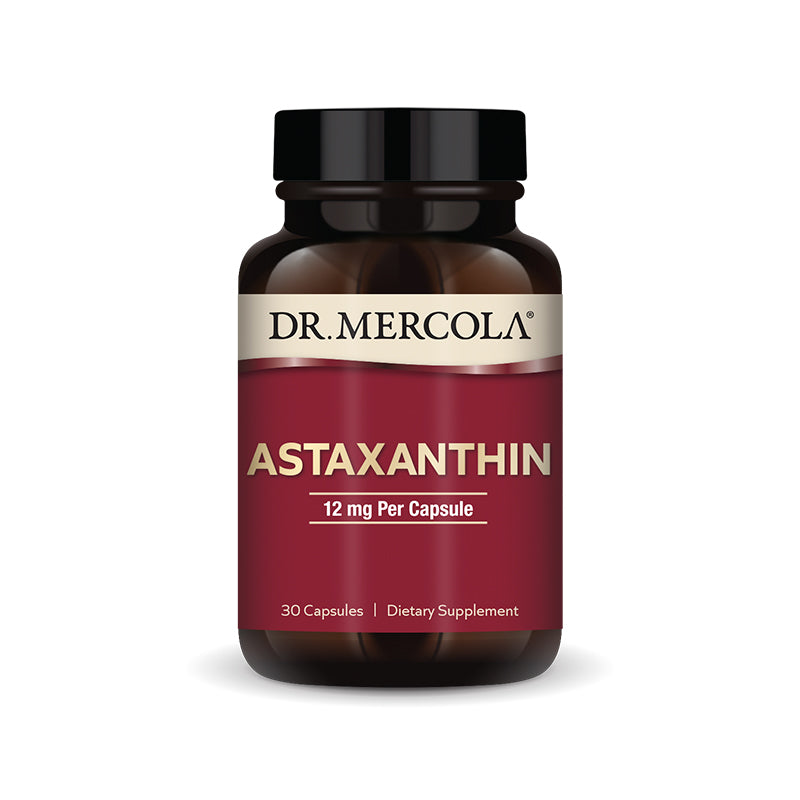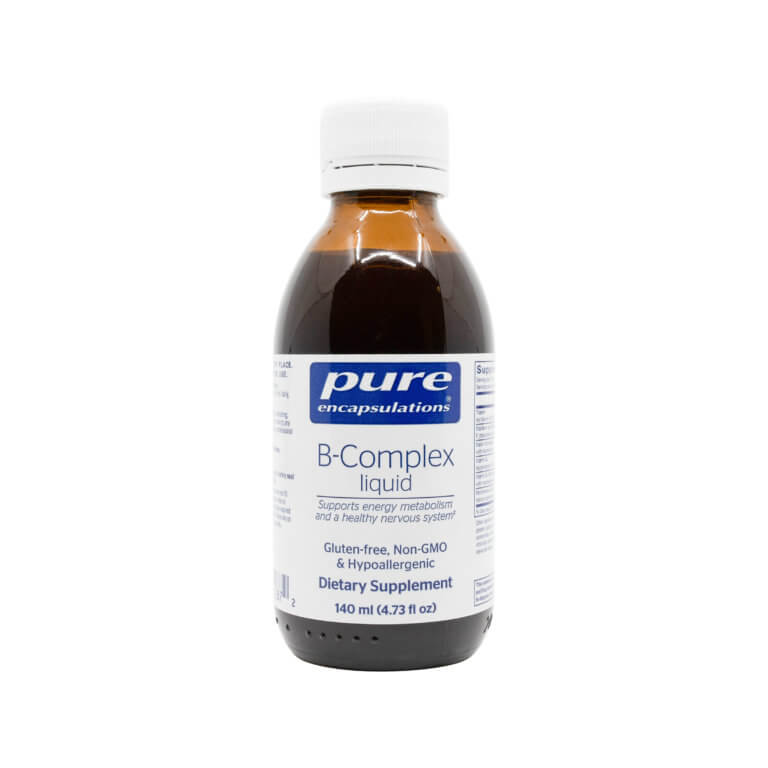by Glen Depke
I often have clients visit Depke Wellness completely frustrated with their lack of success in reaching their health goals. This may be tied into insomnia, fatigue, depression or a wide array of symptom challenges. Often they have spend thousands of dollars and years of focus, but to no avail. Very often this is because they have not addressed and underlying challenge that is very often overlooked. The challenge is pathogenic parasites.So how common are parasites? What types of parasites more commonly affect human beings? What are the common symptoms associated with parasites? Are these limited to the gastrointestinal tract? Will they have an affect on your health? How do you test for these? How do you rid your body of these invaders?
Most other “experts” will suggest that 50% or more of us are infected with some type of pathogenic parasite. I will share though that I find this percentage much higher in those with chronic health challenges. If you fit into this category, it is recognized withing Depke Wellness that this is often closer to 75% or more. Scary but true.
While there are many parasites that affect both humans and animals alike, here is a list of those that are most commonly found within our culture. While some of these are not technically defined as parasites, they are the most common of parasitic type infections.
- Hookworms
- Threadworms
- Tapeworms
- Roundworms
- Ascarids
- Flukes
- Whipworms
- Amoebae
- Giardia
- Blastocyctis
- Cryptosporidium
- Pathogenic bacteria
Here is a list of common symptoms associated with parasitic type infections.
While parasitic infections are often associated with the gastrointestinal tract, they are not exclusive to this area of the body. These can create challenges anywhere and are commonly found in the liver, lungs and even the face and eyes. Truly, no where is safe.
It is also very important to be aware that these pathogenic parasitic type infections likely will have a significant affect on your health and well-being. I share with my clients that the average length of time between your initial contamination and actually realizing this infection, is about 11 years. During this time, your body may slowly but steadily begin to lose proper function.
While this can all lead to significant health issues, this does not need to be the case. If you can have these tested and get on the proper protocol to assist your body in overcoming this infestation, you will provide yourself with the necessities to live into your own health and balance. I find that testing is very important, since different parasitic infections do not respond to the same supplementation protocol. So many make it seem as easy as taking a colon cleanse, but far too often that is not the case. While a general parasite cleanse will work for many different types of parasites, this may not be a significant benefit for someone with cryptosporidium or an enterobactor infection. I only use these as an example.
I will also share that testing with a reputable lab that has a passion for uncovering these pathogenic parasitic type infections is a key. Nobody wants to spend hundreds of dollars for false negative lab result. This is why I have used one specific lab testing company for years in my practice. You know the old saying, “if it’s not broke, don’t fix it.”
Lastly, recognize that most of these pathogens are addressed with relative ease using herbal and supplemental protocols while there is one that seems to only respond to pharmaceutical intervention. Regardless, it is imperative to address these challenges.
If you have any comments or questions in regard to this article, feel free to leave this below and I will address it personally.












